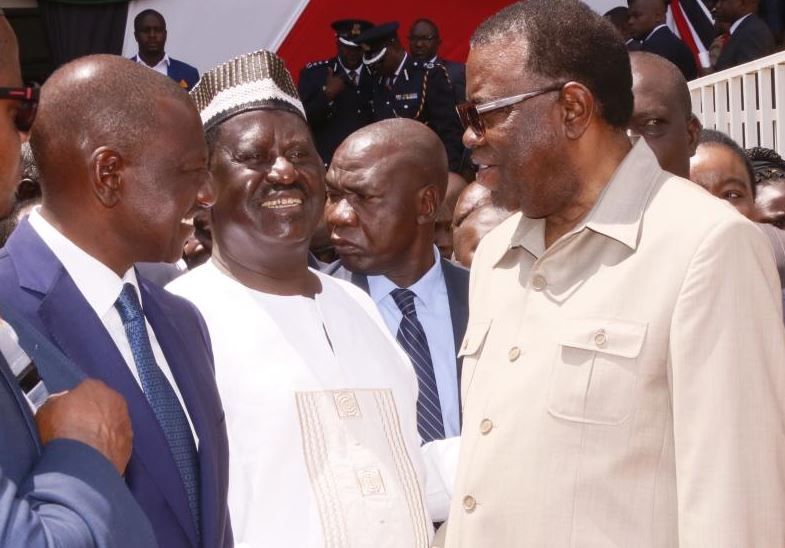×
The Standard e-Paper
Home To Bold Columnists

NASA leader Raila Odinga’s appointment as African Union Special Envoy elevated him to a continental statesman whose time will now be divided across Africa.
Raila joins the league of former presidents and senior leaders in the continent and this places him near a climax of his pursuit as a Pan Africanist.